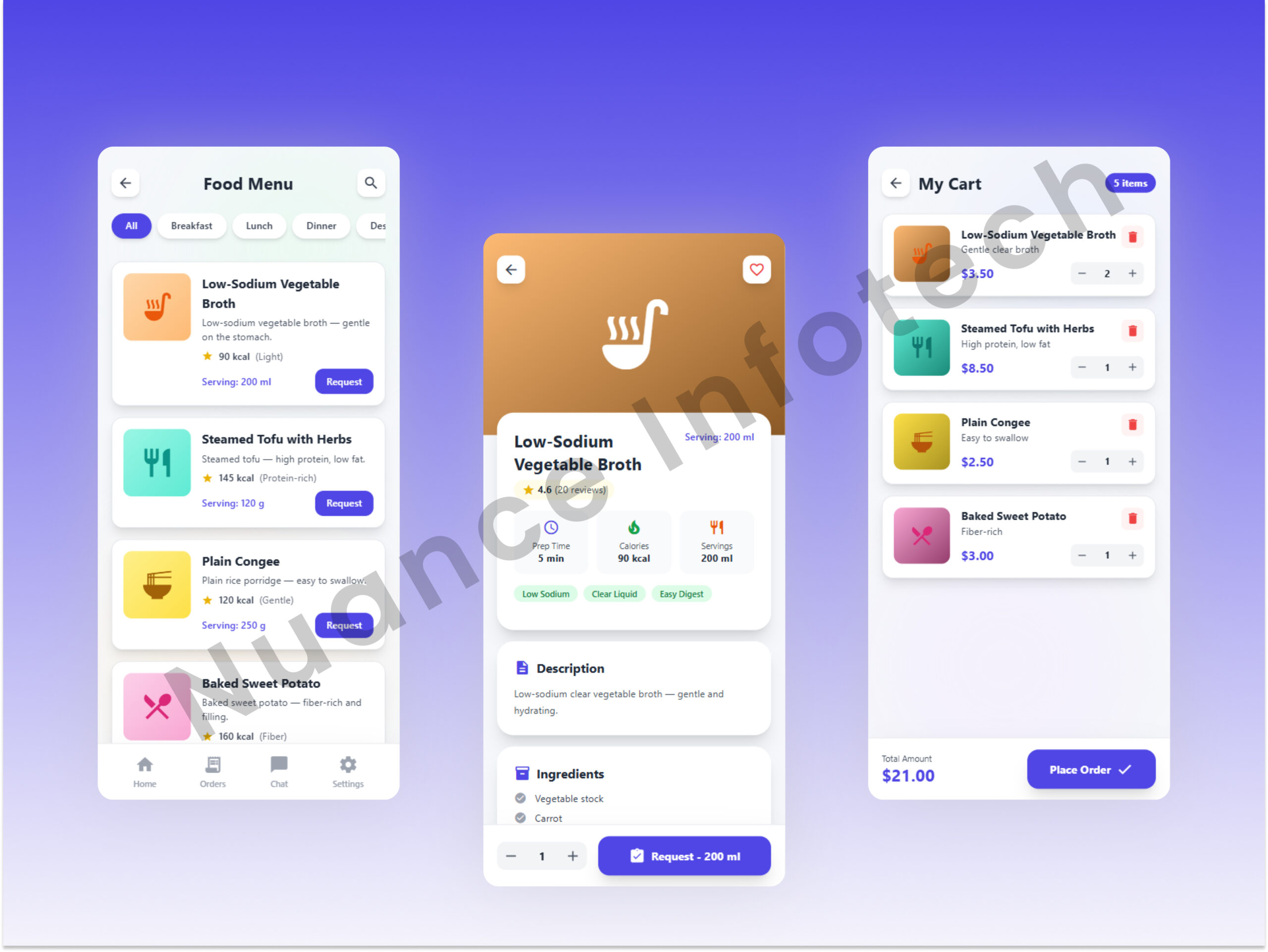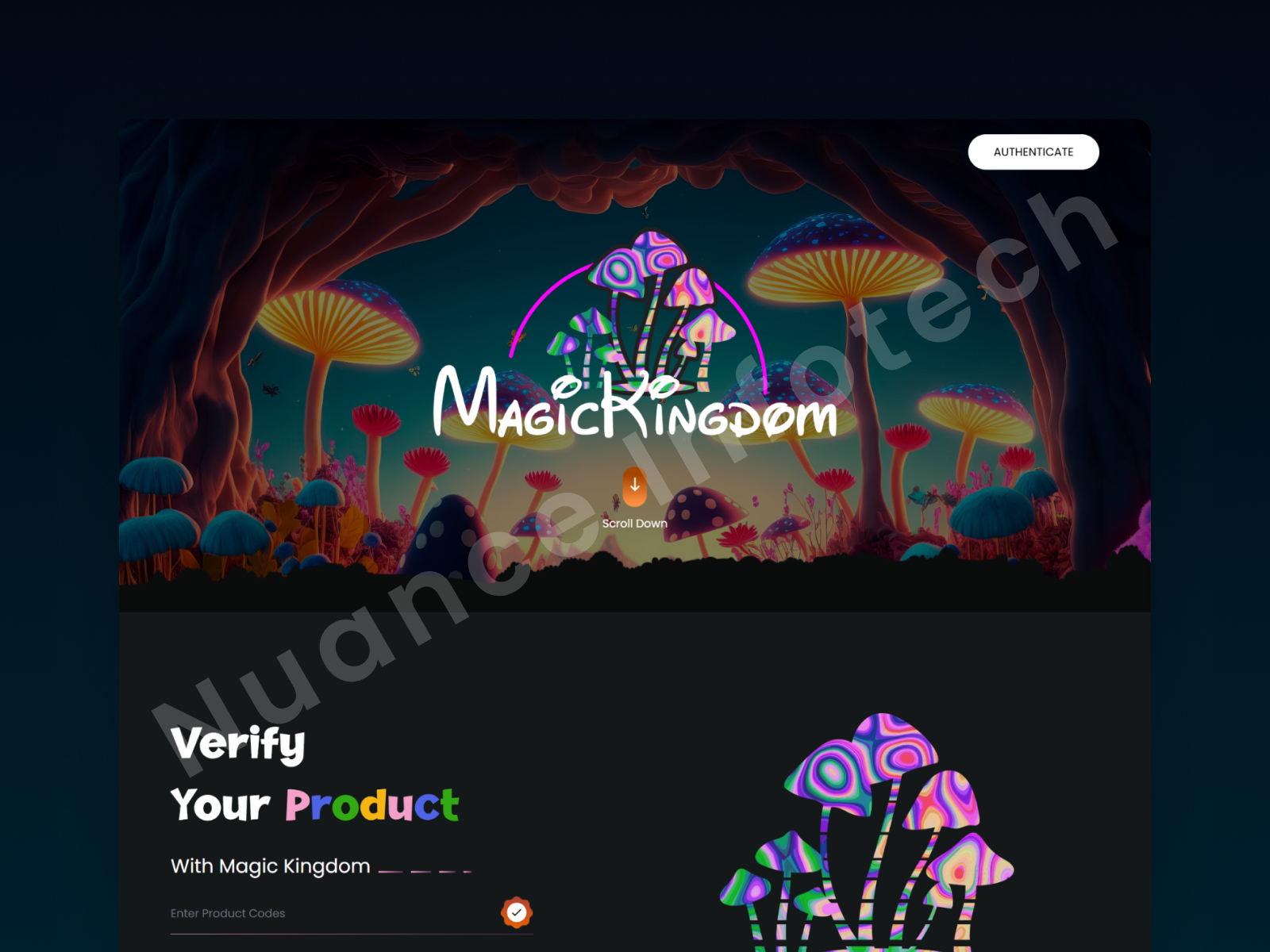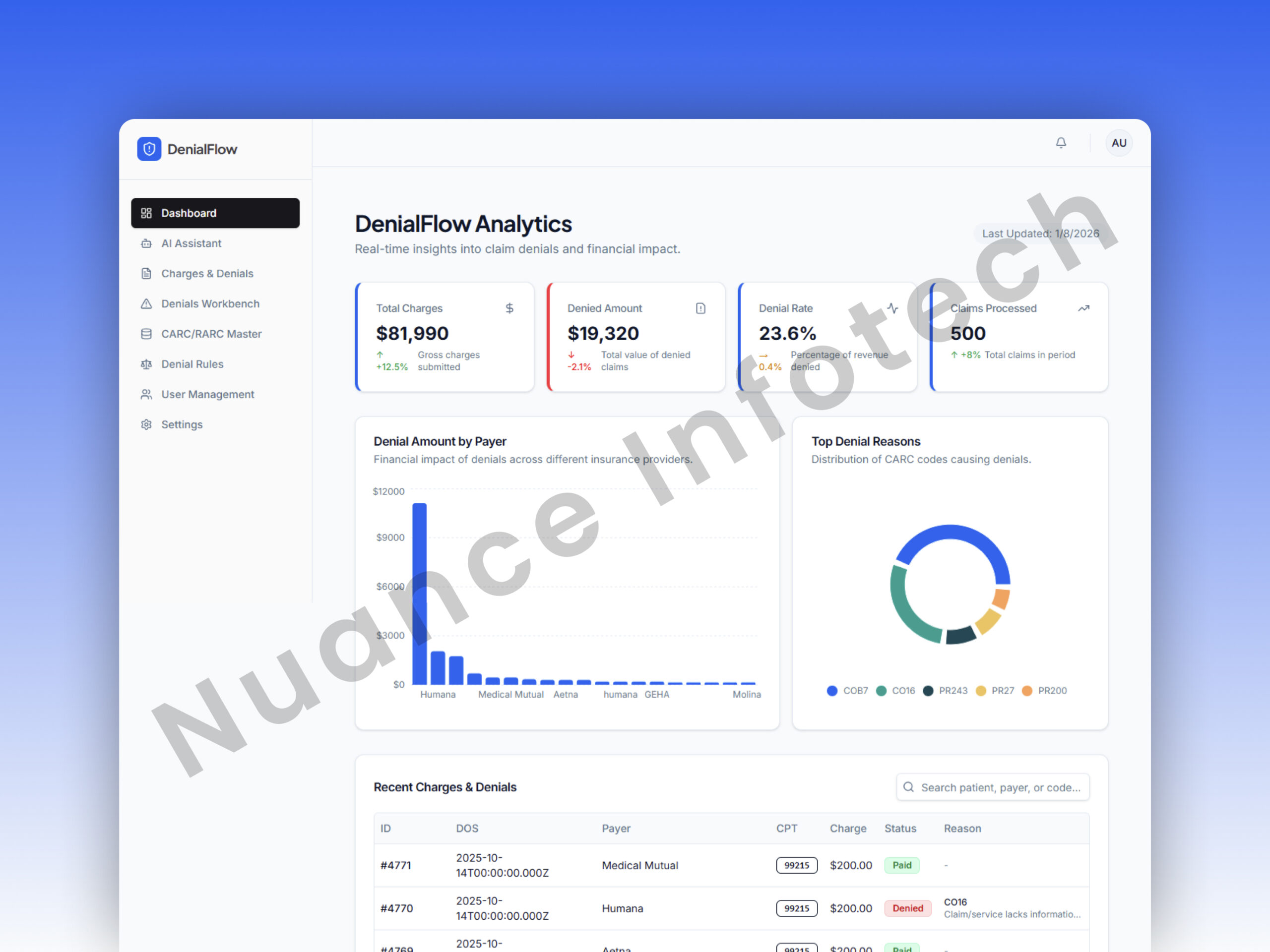Digital Housie Tambola Mobile Game
Digital Housie (Tambola) — Real-time Multiplayer Mobile Game Case Study
We built a real-time multiplayer mobile game that turns manual Tambola/Housie hosting into a synchronized, trust-first digital experience. Using React Native and Firebase real-time sync, we delivered live game rooms, automated number calling, instant claim validation, and in-app payments with a wallet ledger—plus an admin dashboard for hosting, moderation, and analytics.
Outcome: fair gameplay, faster settlements, and scalable rooms designed for monetization.
48-Hour UI Audit for your eCommerce UX
The Challenge
Business Challenge / Problem Statement — Why this product matters
Traditional Housie hosts were operating via WhatsApp groups and Zoom calls. That approach created several systemic issues:
- Sync issues: Players missed numbers due to network lag or missed calls — causing frustration and disputes.
- Trust & fairness concerns: Manual calling and human verification exposed hosts and games to accusations of bias or fraud.
- Real-time difficulties: Zoom/voice/WhatsApp cannot guarantee everyone sees the same state at the same time.
- Payments pain: Manual fee collection and payout reconciliation is slow, error-prone, and reduces repeat participation.
- Scalability limits: Manual coordination caps audience size and prevents mass monetization.
The business need: a single, trusted platform that automates Housie end-to-end — from ticket sale to claim settlement — while providing a delightful, social experience that scales and opens monetization opportunities.
About the Project
- Client: Anonymized (game/entertainment startup)
- Industry: Mobile Games / Fantasy Gaming / Social Entertainment
- Project Type: Cross-platform Mobile App (React Native) + Admin Dashboard (React) + Backend Services
- Timeline: 3 months (MVP)
- Primary deliverables: Real-time game rooms, ticket generation, claim verification engine, payments & wallets, admin dashboard, analytics
Service:
Mobile App Development
Industry:
Gaming / Fantasy
Country:
India
Partnership period:
2024 to 2025
Our Task
The client approached us to design a digital Housie (Tambola) mobile game that could replace manual hosting over WhatsApp and Zoom. The goal was to create a real-time, fair, and automated gaming experience for players across platforms.
Our Solution
We developed a React Native mobile app with real-time gameplay powered by Firebase. The app features auto number calling, instant claim validation, secure payments, and an interactive UI with chat and leaderboards—turning a traditional game into a modern, scalable digital platform.
Goals & Success Criteria
Business goals
- Deliver a synced, fair, and entertaining Housie experience on mobile.
- Automate payments and payouts to reduce manual overhead.
- Scale to host hundreds of concurrent players per game room.
- Create recurring revenue via ticket commissions, premium rooms, and ads.
Product success criteria (MVP)
- Real-time number delivery latency < 200ms for players in same region.
- Claim verification latency < 2s with 100% deterministic correctness.
- Payment completion success rate > 98% for ticket purchases.
- Retention: > 20% of first-time players returning within 7 days (target pilot metric).
Core Users & Flows
User types
- Admin / Host: Create rooms, configure prizes & tickets, start/stop games, manage payouts, view analytics.
- Player: Create account, buy tickets, receive live calls, mark numbers, claim wins, receive payouts.
Typical flows
- Host creates a public/private room with ticket price and prize split.
- Players purchase tickets (single or multiple) and join the room.
- System generates unique digital tickets (3×9 layout).
- Host (or automated engine) calls numbers; all clients receive live updates.
- Players mark numbers; winners claim; backend verifies and issues payouts.
Approach & Solution Details
Architecture — high level
- Mobile apps: React Native (single codebase for iOS & Android).
- Real-time backend: Firebase Realtime Database or Firestore listeners initially; alternative: WebSockets via Node.js + Socket.IO / or serverless pub/sub (e.g., Firebase + Cloud Functions or AWS AppSync).
- Core game server logic: Node.js + Express (serverless functions for scale).
- Database: Firebase Firestore (fast real-time sync) with Cloud Functions for authoritative game logic and audit logs. Optionally use Redis for ephemeral state and rate limiting.
- Payments & wallet: Razorpay / Stripe + UPI integrations (region dependent). Maintain an in-app wallet ledger (off-chain) with KYC & payout hooks.
- Admin dashboard: React.js web app to create/manage rooms and review analytics.
- Notifications: FCM (Firebase Cloud Messaging) for push; in-room sounds & haptics for immersion.
- Analytics & logging: Firebase Analytics, Crashlytics; export events to BigQuery for cohort analysis.
Real-time & Scaling choices
- Realtime layer: For a rapid MVP, Firestore listeners provide simple, scalable real-time replication. For large scale (multiple thousands), move to sharded WebSocket clusters with a pub/sub layer (Redis Streams or managed pub/sub).
- Sharding & rooms: Each room is a routing key; route players to the nearest websocket cluster/region for latency optimization.
- Stateless game servers: Keep core validation in serverless functions; store authoritative state in Firestore/Redis for horizontally scalable verification.
Key algorithms & game-logic decisions
- Ticket generation: Server-side deterministic offline algorithm ensuring valid Tambola ticket rules (15 numbers per ticket, distribution across columns, unique numbers across tickets when required). Seeded RNG with server audit logs to prevent tampering.
- Number calling: Server-side RNG producing canonical call sequence per game. Clients only render server-signed calls to prevent replay/fraud.
- Claim verification: Backend verifies claims (Top Line, Middle, Bottom, Full House, Early Five) by comparing claimed pattern against authoritative ticket state stored server-side. Claims are timestamped and ordered to honor the “first valid” rule.
- Fairness & audit: All game events (ticket issuance, calls, claims) are appended to an append-only event log (immutable audit). Optionally provide hashed commitments or public salt values before game start to prove randomness fairness.
Payments & Walletss
- Flow: Player pays via Razorpay/Stripe; payment gateway returns success webhook; backend credits in-app wallet (ledger); tickets are issued on wallet debit.
- Payouts: Winners are auto-credited to wallet and can withdraw to linked bank/UPI after KYC verification.
- Compliance: Implement KYC for payouts, transaction logging, reconciliation, and anti-fraud velocity checks.
UX & Product decisions
- Clear, readable 3×9 ticket UI with tap-to-mark interactions and visual highlights for claimed patterns.
- Animations on number calls (Reanimated) and celebratory UI for winners.
- Chat & emoji reactions to drive social interaction.
- Leaderboards & history to surface recurring players and high earners.
<script type="application/ld+json">
{
"@context":"https://schema.org",
"@type":"Article",
"headline":"Real-time Multiplayer Mobile Game Case Study (Tambola/Housie)",
"author":{"@type":"Organization","name":"Nuance Infotech"},
"publisher":{"@type":"Organization","name":"Nuance Infotech"},
"about":["Real-time multiplayer","React Native","Firebase","Mobile game UI/UX","Payments & wallet"],
"mainEntityOfPage":"https://nuanceinfotech.com/case-studies/digital-housie-tambola-mobile-game/"
}
</script>
Want a 10–14 day UI Sprint?
Solving New Technology Challenges
We continue to help the client with other IT projects, like user device and workstation setup, as their company opens new office locations and hires additional staff.
What challenges was the client facing before partnering with you?
The client hosted Housie games manually via WhatsApp and Zoom, causing sync delays, trust issues, and manual payment errors. They needed an automated, real-time mobile app for smooth, fair, and scalable gameplay.
How did your team help solve these challenges?
We digitized the entire Housie process using React Native and Firebase for real-time updates, automated number draws, instant claim validation, and secure in-app payments.
What solutions were delivered during the partnership?
A cross-platform mobile app with real-time gameplay, automated ticket generation, payment integration, leaderboards, and an admin dashboard for complete control.
What measurable results did the client achieve?
Game sync improved to 100%, hosting capacity scaled to 5,000+ players, manual work reduced by 40%, and user retention tripled.
How did this collaboration impact the client long-term?
The project transformed their manual concept into a scalable digital platform, unlocking new revenue streams and positioning them as a leader in social gaming.

Wireframing & UX Foundation
Before every build, wireframes were created to visualize structure, content flow, and CTA placement. This minimized redesign cycles and ensured clarity between teams from day one.
Key Features Delivered Across Projects
| Feature | Description |
|---|---|
| Comprehensive Analytics | Real-time dashboards giving Enovate’s clients visibility into traffic, sales, and user behavior |
| Traffic Insights | Deep insights into user journeys, helping improve engagement and retention |
| Real-Time Alerts | Automated alerts to inform clients about critical metrics and anomalies |
| Automated Threat Mitigation | Security & fraud-prevention layers for high-traffic e-commerce sites |




Performance & Security Enhancements
Performance
- Edge region routing: Use region-aware websocket endpoints or Cloud Functions region placement to keep latency <200ms
- Efficient payloads: Use compact message formats (binary/minified JSON) for call events to reduce network overhead.
- Delta updates: Send only deltas (new called number + minimal metadata) rather than full ticket objects.
- Client optimizations: Keep RN bundle lean, lazy load non-critical modules (chat, profile screens), and reuse native modules for animations.
- Autoscaling & throttling: Use autoscaling serverless functions and per-room rate limits. Add backpressure (queueing) when a room receives bursts.
- Testing: Load-test rooms with synthetic clients (100s → 1k players) to validate call propagation and claim verification under peak.
Security & Anti-Fraud
- Server-authoritative game state: All ticket issuance and call sequences are generated and stored server-side. Clients are view-only for authoritative state to prevent client-side tampering.
- Signed events & audit trail: Each call, ticket, and claim is cryptographically signed (or hashed) and stored in an append-only log to prove fairness. Optionally publish salted commitments pre-game.
- Authentication & session security: Firebase Auth (email/phone/social) with short-lived tokens; secure websockets with TLS; refresh tokens rotated often.
- Rate limiting & device fingerprinting: Detect suspicious claim patterns, replays, and bots. Apply device checks and CAPTCHAs for suspicious behaviour.
- Payment security & PCI compliance: Use hosted payment pages or tokenized card flows from Stripe/Razorpay to minimize PCI scope. Maintain transaction logs and reconcile via secure webhooks.
- Data privacy & KYC: Only collect required PII; store KYC data under encrypted storage with retention policies. Be mindful of local regulations.
- Regional compliance & geofencing: Because prize-based games may be regulated, implement geo-restrictions and legal gating to disable real-money play in restricted jurisdictions. Require legal review prior to launch in each market.
Implementation Roadmap
Month 0 (planning, 1–2 weeks)
- Product spec, pattern rules, payout model, revenue model (commission & premium rooms), and compliance check.
Month 1 (core development)
- Ticket engine & server-side RNG, basic React Native UI, payment integration (sandbox), auth flows.
Month 2 (real-time & verification)
- Implement real-time listeners (Firestore or WebSocket), claim verification engine, wallet ledger, admin dashboard basics.
Month 3 (hardening & launch)
- Load testing, anti-fraud systems, KYC integration, push notifications, analytics, and soft launch / pilot
Post-launch (30/60/90 days)
- Monitor metrics, tune latency, add monetization (ads, premium), iterate UX, scale to more rooms.
Risks & Mitigations
- Regulatory risk: Mitigate with geofencing, age checks, and legal counsel; disable real-money features in restricted areas.
- Fraud & collusion: Use device fingerprinting, timing analysis, and manual review flags for unusual claim patterns.
- Scaling failures: Use canary deploys and autoscaling; keep an emergency rollback plan and circuit breakers for overloaded rooms.
- Payment disputes: Keep robust transaction logs, idempotent payment handling, and customer support/workflow for disputes.
Insights & Lessons Learned
Product & UX
- Simplicity first: Keep the core loop (buy ticket, receive number, claim) frictionless. Extra features (chat, reactions) should be optional and lazy-loaded.
- Visual clarity: A 3×9 ticket needs large tap targets and high contrast for visibility in noisy mobile conditions.
- Onboarding matters: Quick, gamified onboarding (first free game or demo room) boosts conversion from installs to first paid game.
- Feedback loops: Real-time indicators (sound, vibration, visual strobe) give immediate sensory feedback, reducing perceived latency..
Technical & Operational
- Server-authoritative model is non-negotiable: Trust depends on it. All randomness and claims must be validated server-side.
- Auditability builds trust: Provide host and player access to immutable logs and optionally a “prove fairness” flow to strengthen retention.
- Prepare for scale early: Even if the MVP targets dozens, design pub/sub and sharding patterns so growth doesn’t force a rewrite.
- Testing is critical: Extensive concurrency load tests and chaos testing (simulated network jitter) reveal edge cases before public launch.
Business & Compliance
- Legal posture: Prize-winning games may be regulated in many jurisdictions. Do a legal review and implement geofencing and KYC before enabling real-money play.
- Monetization balance: Commissioning and premium rooms should be balanced so that organic retention is not undermined by pay-to-win perceptions.
- Community moderation: Live chat requires moderation controls (mute, ban, report) and clear community guidelines.
Results & Business Impact
Immediate business benefits
- Automated fairness: Backend verification and signed call logs remove trust issues with manual calling.
- Faster settlements: Automated payouts and wallets reduce host admin time from hours to minutes.
- Scalable reach: Move from 30–50 players on Zoom to hundreds per room, increasing ticket revenue potential.
- Increased engagement: Live animations, chat, and leaderboards drive longer session times and higher LTV.
- New revenue streams: Commissions on ticket sales, premium/guaranteed prize rooms, ad placements, and partnerships.
KPIs to track post-launch
- Games hosted per day, avg players per game, ticket sell-through %, claim validation time, payout turnaround, retention (D1/D7/D30), ARPU, and fraud incidence rate.

React Native
Mobile App Development service section

UI/UX
UI/UX service page

Dashboards/Admin
Dashboards/Admin